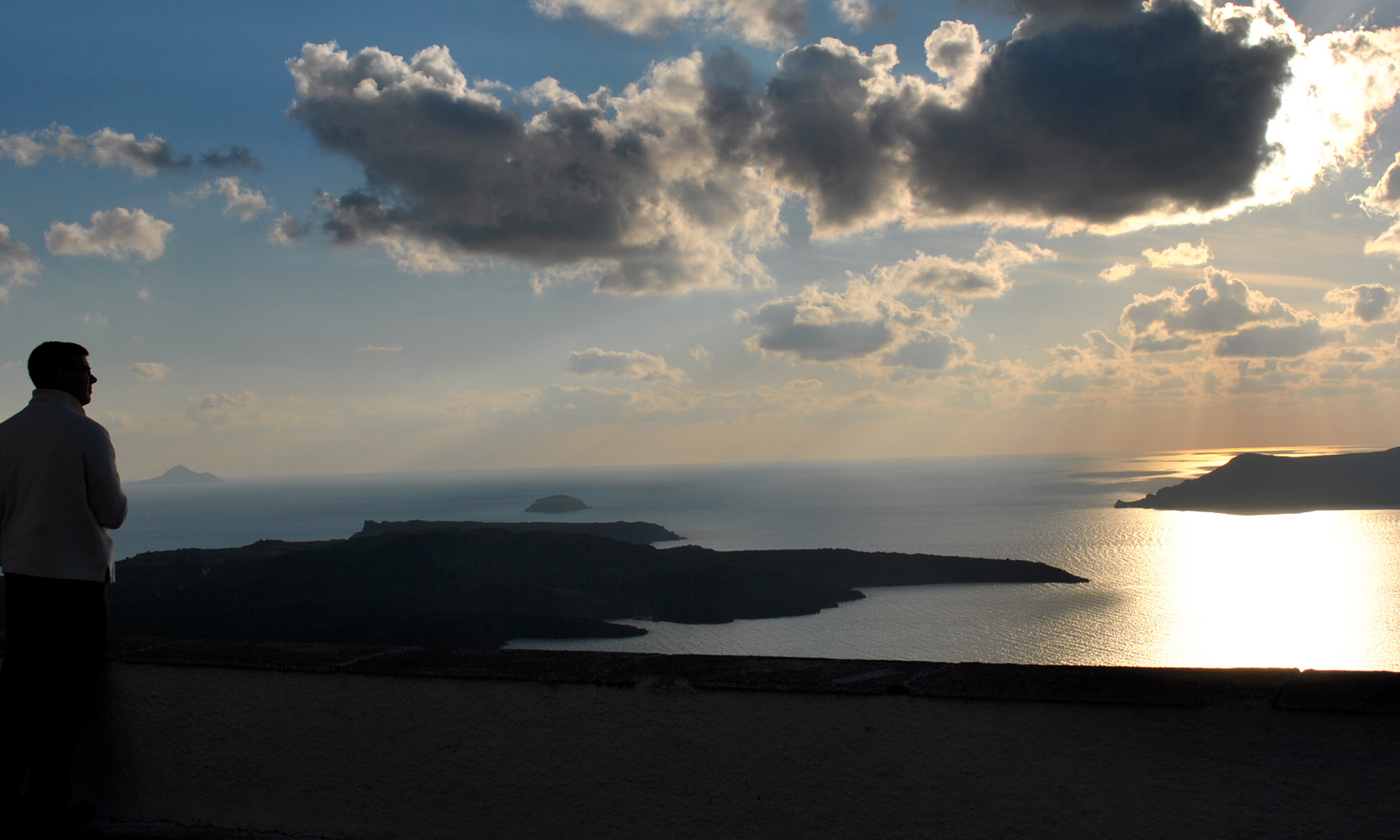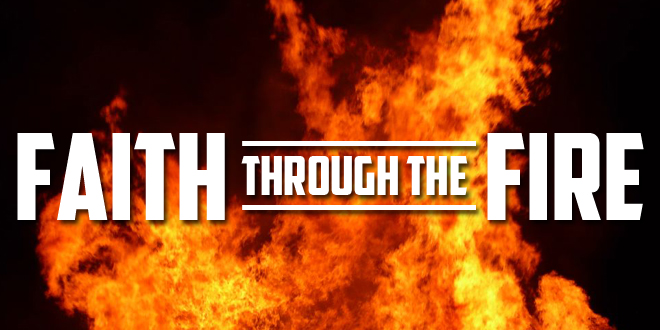God’s definition of good is different from the way we might typically define the term. We read Scriptures like Romans 8:28 and then we wonder why bad things happen to good people. Evidently, God sees good in different ways than we are accustomed to seeing it.
In Monday’s post, I discussed the faith of Shadrach, Meshach, and Abed-Nego as they refused to bow down to Nebuchadnezzar’s golden image. True faith prompted these young Jews to confront the challenge and confess the Lord to the very face of the world’s most powerful earthly ruler. They made the right decision, but what was the result?
Our definition of the word good would lead us to believe that God would reward these three young men by saving them from the fiery furnace. But God has bigger plans and a greater good in store.
Nebuchadnezzar, filled with rage at the audacity of these young men to disobey him, commanded his men to heat the furnace seven times hotter than it was usually heated (Dan. 3:19). He had Shadrach, Meshach, and Abed-Nego bound and thrown “into the midst of the burning fiery furnace” (Dan. 3:21). He was so angry that he didn’t even take the time to strip them of their clothes. Daniel 3:21 says they were bound “in their coats, their trousers, their turbans, and their outer garments.”
It seems that Nebuchadnezzar’s furious command caused his mighty men of valor to get too close to the dangerous, “exceedingly hot” flames of the furnace (Dan. 3:22). As they threw in the three Jews, the fire killed Nebuchadnezzar’s men.
What happened next shocked everyone.
[box type=”shadow” align=”aligncenter” ]Then King Nebuchadnezzar was astonished; and he rose in haste and spoke, saying to his counselors, “Did we not cast three men bound into the midst of the fire?” (Dan. 3:24).[/box]
As they peered through the flames, they counted not three, but four men walking around in the midst of the fire. That which had bound them was now loosed, and the fourth individual looked like one who was sent by God.
This past weekend, Emily and I were able to attend a congregational retreat for the Riggs church of Christ in Chapel Hill, TN. It was a cold Saturday morning to be outdoors, so the fire pit was a popular place to be. The smell of the smoke from the fire lingered on our clothes long after we left the retreat. When Nebuchadnezzar called the three men from the furnace, they came out and looked as though they hadn’t even been around a fire. Their “hair … was not singed nor were their garments affected” (Dan. 3:27). This one is my favorite detail: “the smell of fire was not on them.” God doesn’t do anything half-way, does He? He is truly an awesome God.
Is my faith like the faith of Shadrach, Meshach, and Abed-Nego? It’s one thing to refuse to bow in a crowd of people who bow around you. It’s another thing to refuse to bow to the face of the one who has commanded that everyone bows before him. It is still yet another thing to refuse to bow and to allow the enemy to bind you and throw you in a furnace. These men trusted in God. He works all things for good.
That’s why I say that God’s definition of good must be different from the way many of us define it. We would not consider losing our lives to be good, yet these faithful three said that if God chose not to deliver them from the death of the furnace, then “let it be known to you, O king, that we do not serve your gods, nor will we worship the gold image which you have set up” (Dan. 3:18).
True faith confounds the enemy. They won’t understand why we do what we do, but it makes perfect sense to us: “Be faithful until death, and I will give you the crown of life” (Rev. 2:10).
True faith confirms the promises. The most powerful man in the world had God’s people punished for not bowing down to his image, but God was still on the throne that day, and He demonstrated that through this incredible miracle. God doesn’t work in miracles today (John 20:30-31; 1 Cor. 13:9-11), but that doesn’t make His promises less true, nor does it make His Word less authoritative.
Note that God did not deliver Shadrach, Meshach, and Abed-Nego from the fire, but in the fire. And God will deliver us, too. He is still “able to deliver us” from our fiery trials today (Dan. 3:17).
[box type=”shadow” align=”aligncenter” ]That the genuineness of your faith, being much more precious than gold that perishes, though it is tested by fire, may be found to praise, honor, and glory at the revelation of Jesus Christ (1 Pet. 1:7).[/box]



